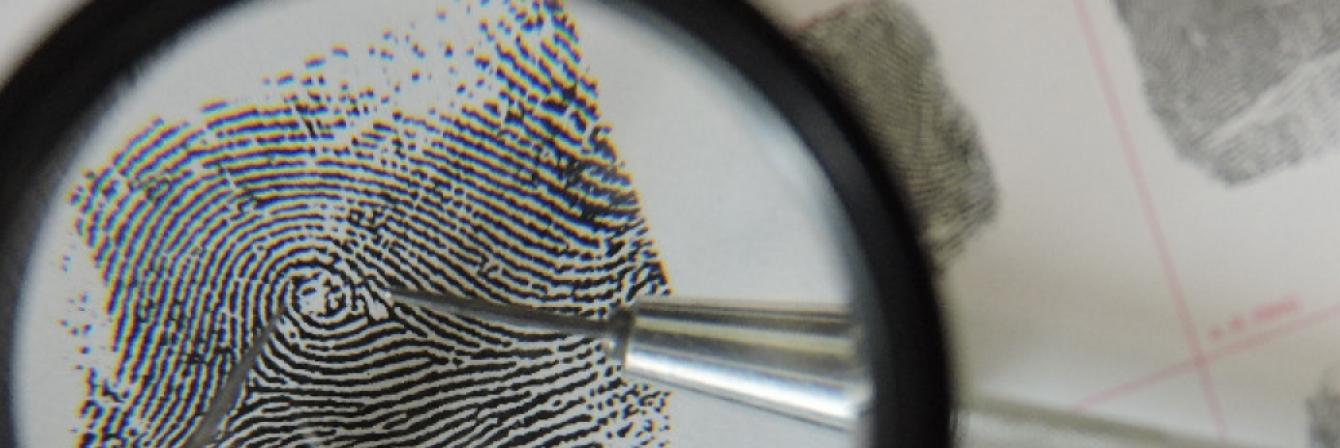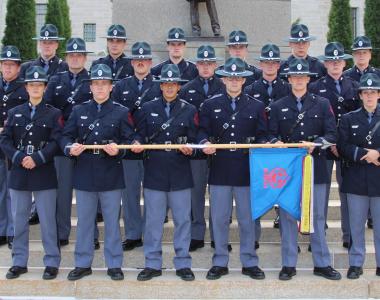Criminal Identification Division
Criminal Identification Division

The Nebraska State Patrol's Criminal Identification Division (CID) serves as the centralized repository of fingerprint-based arrests for the State of Nebraska. The CID is responsible for maintaining accurate and current criminal history records for all persons arrested and fingerprinted within the State of Nebraska and is to furnish this information to any person authorized to receive it.
CID MISSION STATEMENT:
The primary mission of CID is to ensure the safety and protection of Nebraska citizens and law enforcement officers. CID fulfills the Nebraska State Patrol’s statutory responsibilities for maintaining, updating, and disseminating criminal history records, issuing concealed carry and explosives permits, and providing public services in the form of fingerprinting and training. CID staff proudly perform these functions in a timely, accurate, and consistent manner with the highest levels of integrity and professionalism.
CID MOTTO: Doing work that matters, for people who matter!
CID consists of the following teams:
Phone: 402-479-4971
Fax: 402-479-4321
Email: nsp.criminalidentification@nebraska.gov
|
Mailing Address Nebraska State Patrol |
Street Address Nebraska State Patrol |
Public Hours - 8:00 a.m. to 5:00 p.m., Monday-Friday
Fingerprinting appointments - 8:00 a.m. to 4:00 p.m., Monday-Friday
CID is closed on weekends and all State holidays (New Year's Day, Martin Luther King, JR. Day, President's Day, Arbor Day, Memorial Day, Fourth of July, Labor Day, Columbus Day, Veterans Day, Thanksgiving Day, day after Thanksgiving and Christmas Day plus any additional days declared by the Governor of Nebraska or the President of the United States)
In 1978, the Nebraska Legislature passed the Security, Privacy, and Dissemination of Criminal History Information Act. This Act includes Sections 29-209, 29-210, 29-3501, to 29-3528 and 81-1423 of the Nebraska Revised Statutes.
The purpose of the Act is defined as (1) to control and coordinate criminal offender record-keeping within the state, (2) to establish more efficient and uniform systems of criminal offender record-keeping, (3) to assure periodic audits of such record-keeping in order to determine compliance with this act, (4) to establish a more effective administrative structure for the protection of individual privacy in connection with such record keeping, and (5) to preserve the principle of the public's right to know of the official actions of criminal agencies.
The Act authorizes the Nebraska State Patrol to be the central repository of criminal history records information for the State of Nebraska and also defines criminal history collection and dissemination procedures.






